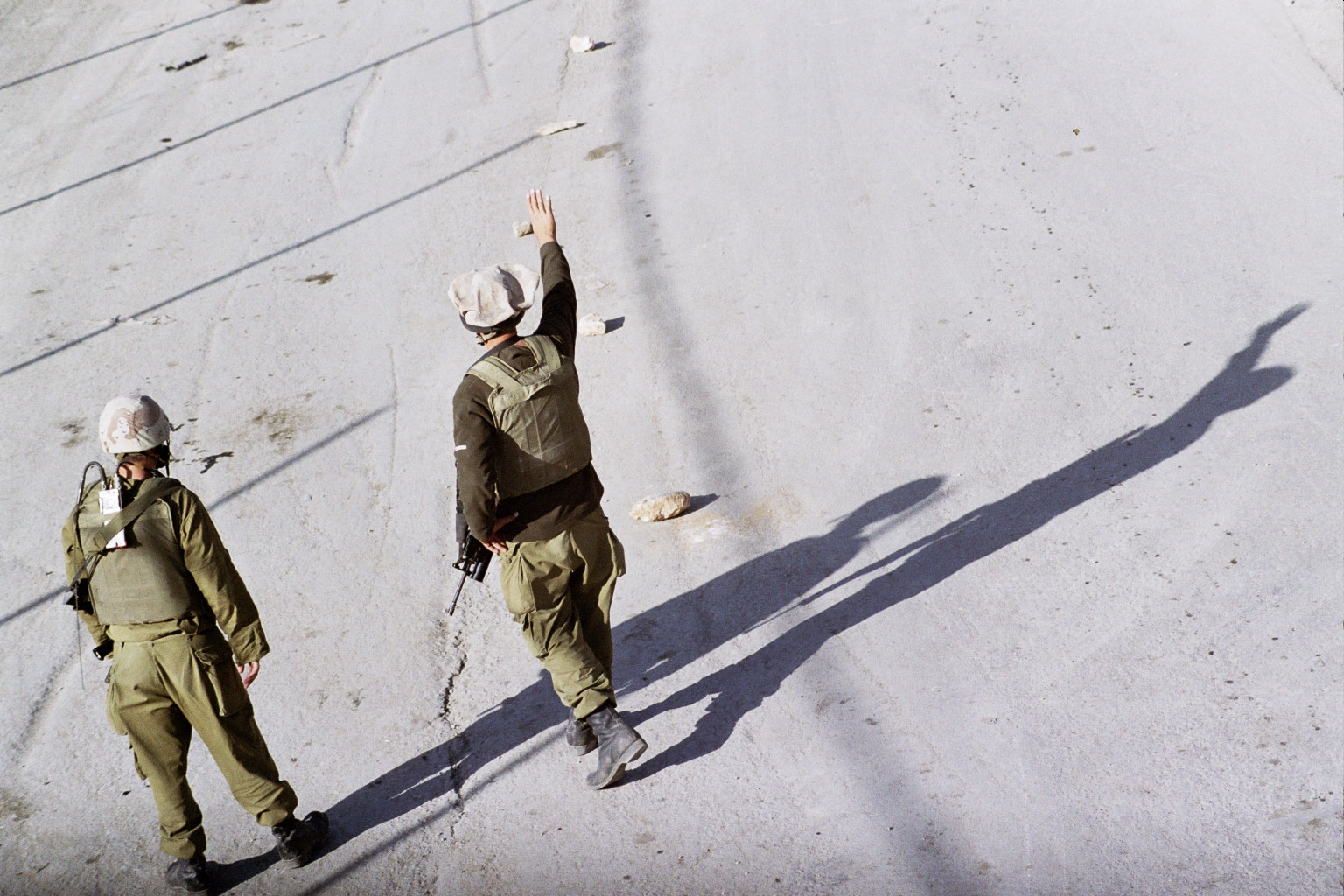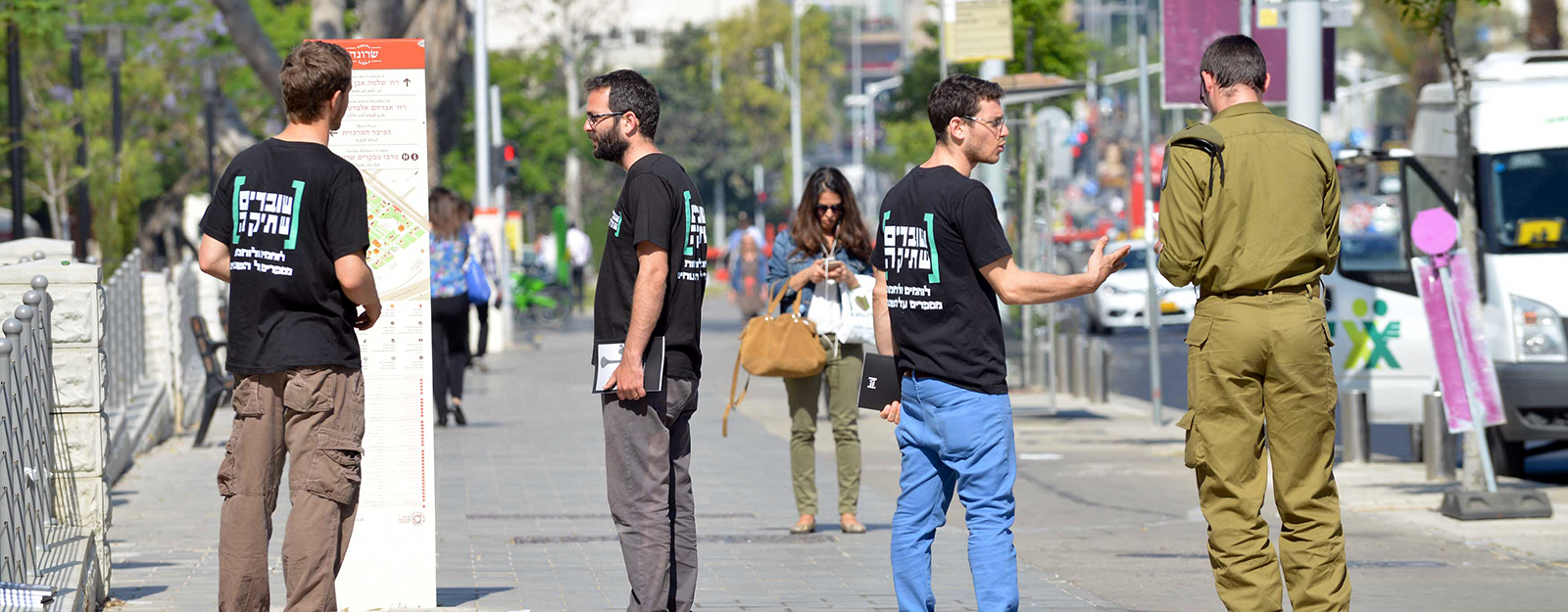Was there a systematic distinction between an authorized settlement and an unauthorized settlement? No. There’s no such thing as “an illegal outpost.” Except, maybe, Mitzpe Yair, which has a private water line. It’s a private water line that they laid on Palestinian private land. [But] Mitzpe Yair has utility poles of the IEC (Israel Electric Corporation). In Avigayil (an unauthorized outpost) I’m almost sure they don’t have electricity [supplied by the IEC], but there are generators and they have [a connection to] water. Someone set up that infrastructure [there]. There were illegal works in Asa’el (an unauthorized outpost), they laid water and electricity lines from the [Har Hevron] Regional Council building all the way to the illegal outpost. Of course we stopped the works a few times, but I assume that afterward the outpost was connected to electricity and water.
And it wasn’t work carried out by the IEC? No, no, someone’s private work. Illegal work. We get a phone-call from Palestinians or from left-wing organizations reporting illegal work carried out around X: we hop over, arrive, see that there is illegal work. Apart from getting the tractor out of there at that point in time, we have no ability, authority [to halt the works]. But it’s enough to have an officer whose job it is and who sees work and documents it, or without documenting it. He is authorized to confiscate a machine, to stop the works. In Asa’el the inspector (the Civil Administration’s infrastructure inspector) sent a directive halting the work. From there how did it unfold? I have no idea. I assume nothing happened as the outpost was connected to water and electricity and life goes on. Most of the [illegal] works in outposts take place on Friday and Saturday. [The settlers] use the time when the IDF is convening or preparing for Saturday morning demonstrations (the testifier is referring to Israeli activists escorting Palestinian shepherds in the South Hebron Hills area), and push forward these processes. We would see that work had been carried out on the ground. We would pass on every such report to the head of regional supervision, [and] he is supposed to issue a directive to halt the work. A directive for halting construction work usually becomes a demolition order.









 testimonies
testimonies  media & content
media & content 










 There’s no such thing as “an illegal outpost”
There’s no such thing as “an illegal outpost” 

 terms of use & privacy policy
terms of use & privacy policy